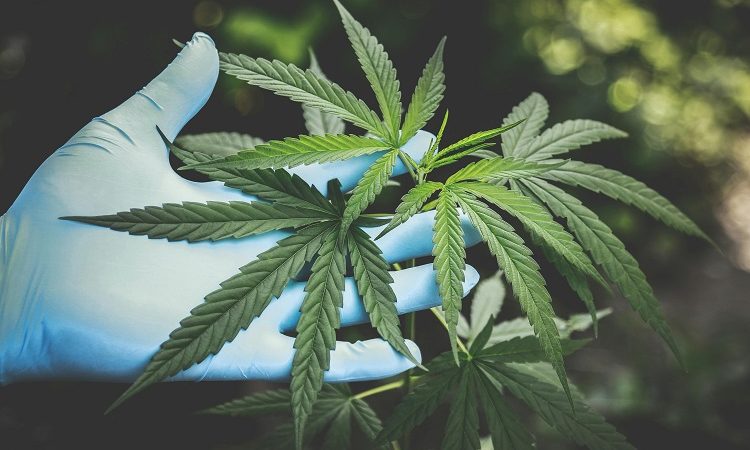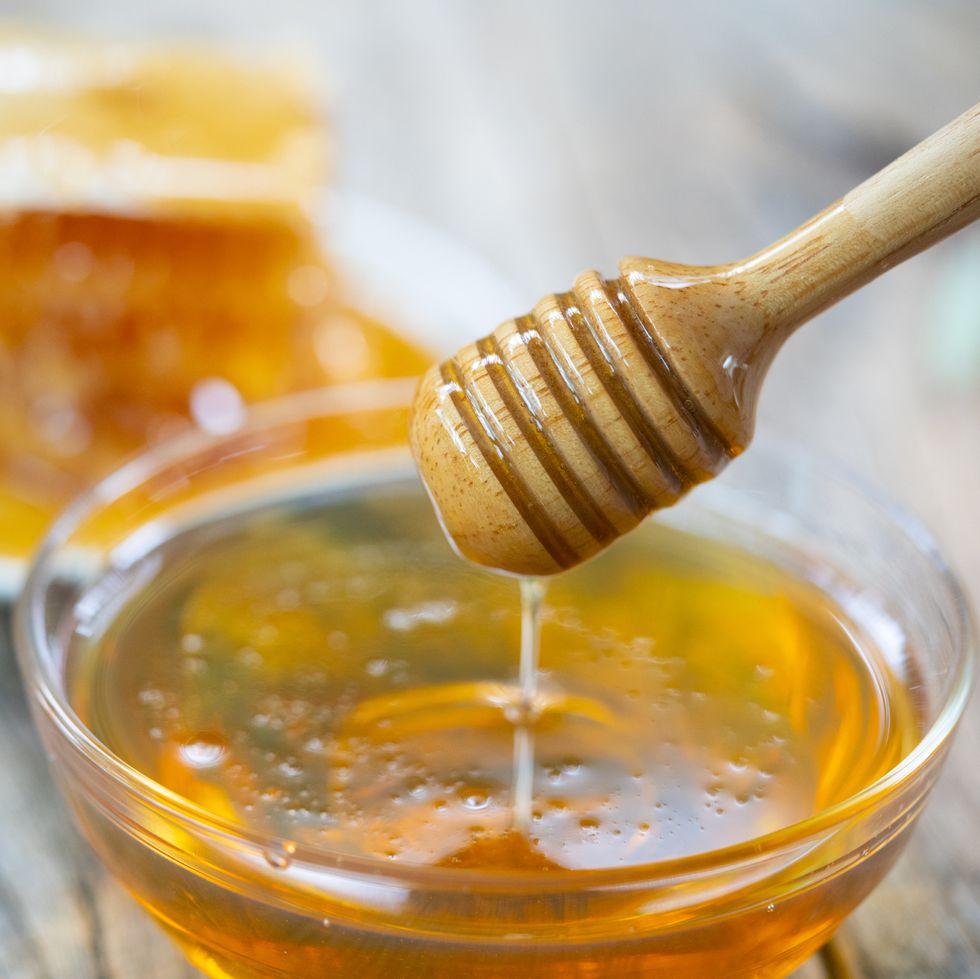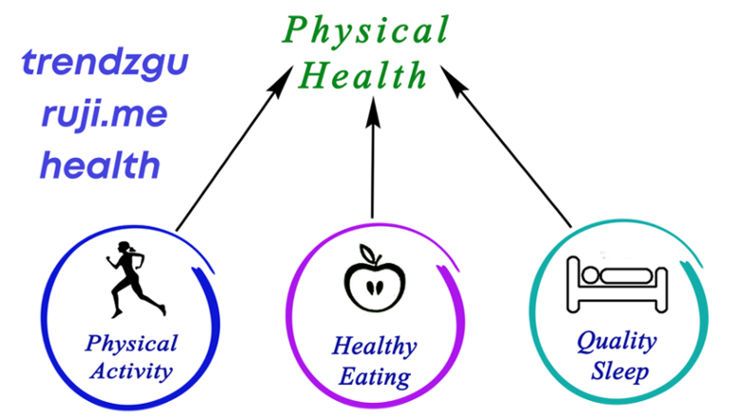Sustainable Coffee – An Overview

Coffee is one of the most popular drinks globally and is drunk by people all over the world daily. It can be drunk hot, cold and can also be used as a flavouring in desserts. While everybody knows what coffee is and where it comes from, not many understand what sustainable coffee is.
What is it?
To put it simply, it is coffee that is grown and marketed sustainably. Since coffee is one of the most widely consumed beverages, with the annual domestic consumption in Australia alone reaching 1.87 million 60 kilogram bags, growing and manufacturing coffee leaves a lot of harmful impact on the environment.
How does coffee negatively impact nature and the environment?
- Deforestation
Increasing demand for coffee increases coffee cultivation. To meet those demands and to expand coffee plantations, farmers have resorted to cutting down forests. Since coffee is usually grown in tropical regions, an increase in the number of coffee plantations has resulted in fewer trees and forest spaces. It has been said that for every cup of coffee consumed, one square inch of rainforest has been destroyed. Such is the impact of deforestation.
- Soil Erosion
Soil erosion is also another consequence of coffee plantations. Since coffee is grown in hilly regions and mountainous areas, continuous cultivation leads to an increase in soil erosion and sedimentation of water. The fertilisers used on coffee plants also harm the soil and affect the naturally present nutrients in the ground.
- Water pollution
Water pollution is also an inevitable consequence. Chemicals from fertilisers, pesticides and byproduct disposals mix in the water systems and contaminate water bodies. This, in turn, affects aquatic life and ecosystems.
- Monocropping
There is also the problem of monocropping. Repeatedly cultivating the same crops, in this case, coffee, strips the soil of all nutrients and makes them deficient. Crop rotation is necessary to replenish the soil with all the needed nutrients and give the soil time to improve its structure and build resilience.
So to minimise all these adverse side effects of coffee farming and make it more environmentally friendly, sustainable coffee was introduced.
This is done through practices such as less water usage, organic fertilisers in place of chemical fertilisers, etc. Techniques such as shade growing, using renewable resources to save resources, and minimising pollution are also employed.
For a coffee bean to be considered sustainable, it must fit specific criteria such as organic, Rainforest Alliance, fair trade and more. The social, environmental and economic standards of coffee are also considered to check if it is sustainable. Coffee beans that fit these criteria are then certified and verified, then labelled as sustainable.
There are different types and labels of coffee beans that are considered sustainable, such as
- Organic coffee beans
These are cultivated without using any chemicals or harmful pesticides. They make use of organic fertilisers such as coffee pulp, chicken manure and natural compost.
- Bird-friendly coffee beans
Bird-friendly coffee beans are grown in agroforests and provide habitat for birds and wildlife. Cultivating these types of shade-grown coffee beans help in promoting biodiversity and benefit migratory birds.
- Fairtrade coffee
Fairtrade coffee supports farmers and helps them receive a fair price for their harvest. They also help in community development and facilitate direct trade between farmers and purchasers.
- Rainforest alliance certified
Coffee that carries the label Rainforest alliance supports social, economic and environmental welfare. They protect both the environment and the rights of the workers.
For coffee lovers who cannot live without their drink, choosing sustainable coffee will help them quench their coffee thirst while also helping the environment.





